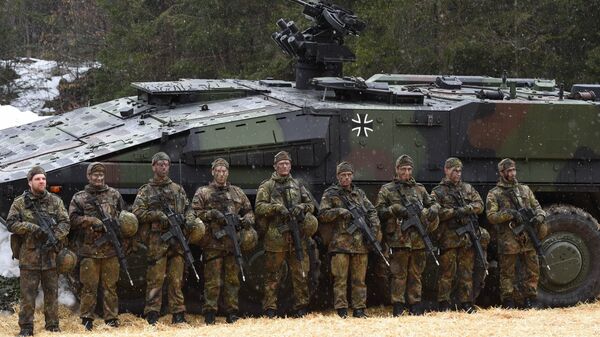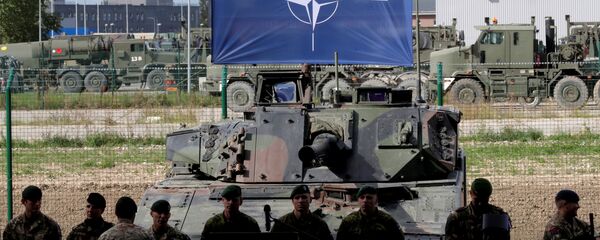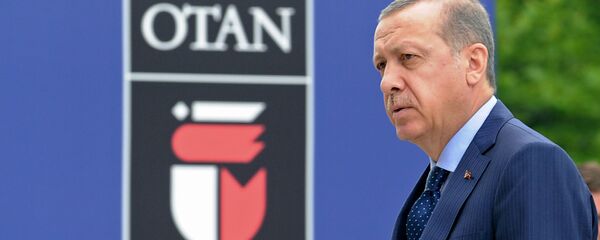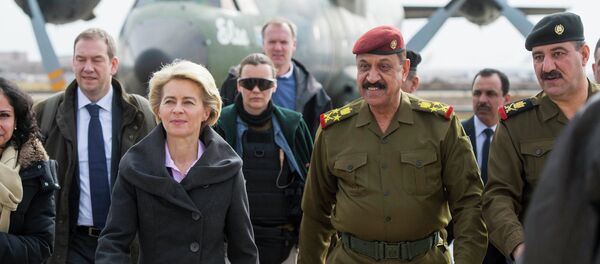The changing global security landscape should compel Germany to take a much more active role in Europe's defense and security, according to Jumping Over Its Shadow — a report issued by Friends of Europe.
The authors canvassed almost 200 senior defense stakeholders in Germany and Europe for their views on the topic, and found domestic security and Islamist terrorism are perceived as the biggest threats in Germany, above cybersecurity, irregular migration and military risks in eastern Europe.
The report notes that the country's Nazi legacy continues to weigh heavily on attempts to upgrade the country's military — and while opinion polls show a majority of Germans accept the general principle their country should take greater responsibility for international security, they remain deeply uneasy about the use of force or sending soldiers abroad.
Despite this reticence, the report suggests Germany should make "a sustained investment in defense, after two decades of continuous cuts." Germany's defense budget stands at just 1.2 percent of GDP, by definition almost half NATO's 2 percent spending target, having risen in 2016 for the first time in years.
Conflicting Demands
If Germany opts to follow the report's recommendations, it will immediately face several conflicting demands from different actors.
For their part, EU officials wish to prioritize cybersecurity, as well as police and administrative capabilities for conflict prevention and post-conflict stabilization.
Whichever approach Germany eventually adopts, the report said, the best way to address possible fears of a sudden surge in Germany's military spending would be to allocate part of the increase to the planned European Defense Fund, announced by the European Commission in June.
Moreover, boosting the Bundeswehr's ranks may also take some time. The military has shrunk to its smallest size since its inception in 1955 — fewer than 177,000 active personnel compared to 500,000 at the end of the Cold War — a situation the report equates to the military "running on empty."
The report comes as German Chancellor Angela Merkel, having won her fourth straight mandate, is beginning coalition talks. While in her "grand coalition" with the Social Democrats, the Christian Democrats' desire for increased defense spending and a beefed up military role for Germany were largely stifled by their partners' pacifist tendencies.
However, such ambitions may be again tempered by Merkel's new associates, the liberal-right Free Democrats and anti-nuclear Greens — defense is likely to be one of the primary bones of contention between the trio. Moreover, the FDP's desire for constructive relations with Moscow could prevent Germany from joining in any military buildup in Europe's eastern extent.








